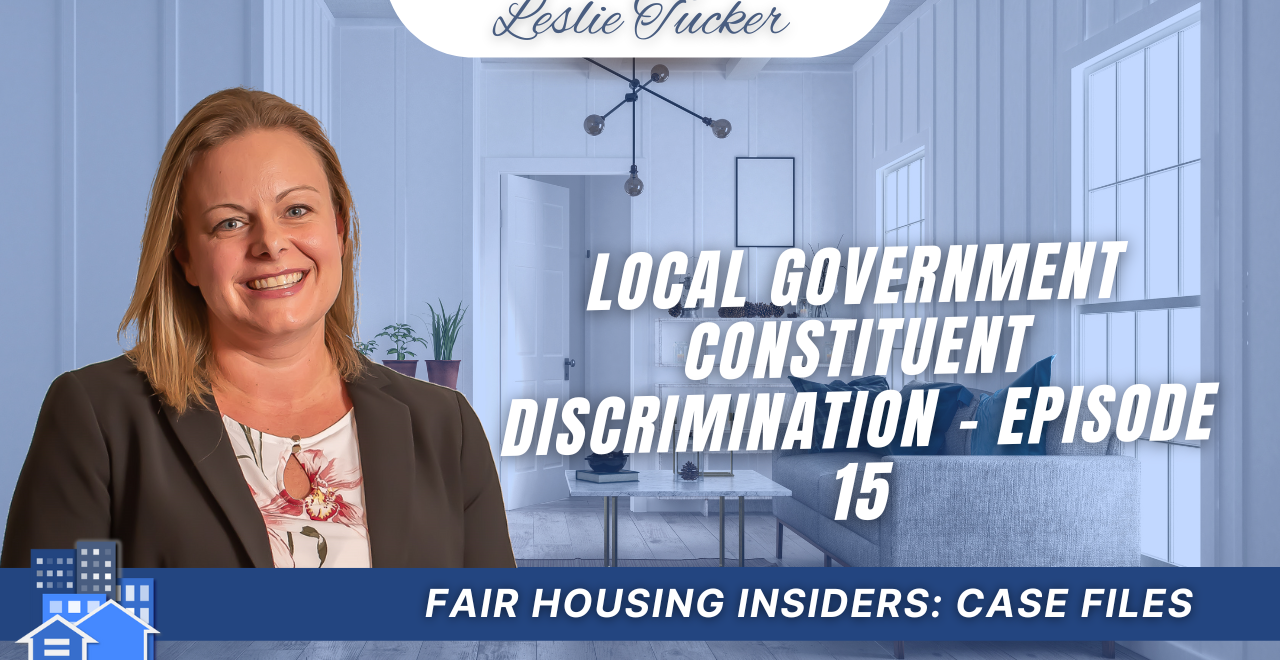A new case challenging our understanding of fair housing laws and the responsibilities of local governments. This pivotal situation involving a developer’s ambitious project to create an affordable housing community has sparked a legal battle that puts the motives of constituents under the microscope.
Here lies an opportunity for activists, legal professionals, and concerned citizens alike to delve into a case that not only tests the boundaries of The Fair Housing Act but also calls into question the accountability of local governments in upholding these crucial protections. Let’s unravel the complexities of this case, shedding light on the intricacies of law, community engagement, and the fight against discrimination in housing.
Aventurine One, LLC v. The City of Marshall (E.D. Tex.)
The Proposal and Public Concerns
The developer’s journey began with the approval of their application for tax credit funding, marking a promising start to their ambitious affordable housing project. However, the requisite approval for a special use permit brought the proposal to a public hearing, where residents voiced various concerns. The discussions touched upon safety and security, with demands for criminal background screenings, demographic reports, and apprehensions regarding the property’s proximity to schools, potential residency of predators, and the feared increase in crime rates.
Despite initial hesitation, the Zoning Commission approved the permit, forwarding their recommendation to the city council for final approval. However, the council’s subsequent denial of the permit, purportedly without direct engagement with the developer, sparked controversy and legal scrutiny.
At the heart of the ensuing legal battle is the developer’s claim that the city’s denial was influenced by resident concerns rooted in discriminatory attitudes towards race and national origin. This accusation places the spotlight on the complex legal terrain surrounding the FHA and the responsibilities of local governments.
The city, defending its position, argued that the residents’ comments did not explicitly mention race or national origin, challenging the notion that such inferences should lead to assumptions of discrimination. Furthermore, the city contended that it should not bear liability for remarks made by its residents, drawing a line between public opinion and official action.
The Broader Implications for Property Management and Fair Housing
This case raises critical questions about the intersection of community input, government responsibility, and the principles of fair housing. It underscores the precarious balance local governments must maintain between considering public concerns and upholding nondiscriminatory practices as mandated by the FHA.
Viewing this situation at a more micro level, for property managers and landlords, this situation serves as a cautionary tale of the risks of allowing resident opinions to influence decisions regarding other applicants or tenants, especially when those opinions may be tinged with bias or discrimination.
Objective facts and established rental criteria must be the foundation of all housing decisions, insulated from assumptions or biases that could contravene fair housing laws. The potential discriminatory nature of comments like those made during the public hearing in this case (i.e. that a housing community potentially populated by a higher percentage of racial or ethnic minorities than the surrounding community is presumed to bring crime to the area), highlights the need for vigilance and proactive measures by landlords to ensure their communities remain inclusive and compliant with the FHA. This includes addressing discriminatory remarks head-on and reaffirming a commitment to equality and non-discrimination in housing practices.
Development and Fair Housing: A Call to Action
As this case continues to unfold in the legal system, it offers a vital learning opportunity for all stakeholders involved in housing and property management. The challenges presented by navigating the FHA and local government liabilities emphasize the importance of clear, non-discriminatory policies and practices in housing.
This case serves as a reminder of the ongoing need for diligence, fairness, and adherence to the principles of equal opportunity in housing, underscoring the delicate balance between community concerns and the imperative to prevent discrimination.

